Dash cams are becoming more common in vehicles, but do they really help lower your insurance premiums? While some insurance companies offer dash cam insurance discounts, the rules vary by region and provider. In this article, we’ll explore whether having a dash cam can reduce your insurance costs and how it can benefit you beyond just discounts. Let’s dive into the details.
Does Having a Dash Cam Lower Your Insurance Premium?
In the U.S., most insurance companies do not offer discounts for having a dashcam. However, there is one Ohio-based company that offers insurance discounts for drivers using their partner dash cam brands. Also, you can certainly contact your insurance provide to check if they actually offer dash cam insurance discount.
On the other hand, in the UK, some insurers do offer discounts for cars equipped with dash cams. These discounts typically range from 5% to 15%, depending on the insurer, like this “dash cam insurance” for example. The logic is simple—dash cams provide extra evidence that can help resolve claims faster, reducing the time and cost associated with investigations.
Other countries, like Australia and Canada, have yet to adopt widespread dash cam insurance discounts, but the idea is gaining traction. Insurers are starting to realize the value of dashcam footage in confirming the details of an accident or dispute.
In short, while dash cams may not directly lower your insurance premiums in many regions, they can certainly help protect you in ways that could lead to fewer claims or smoother claim processes, which might influence your rates in the future.
Should You Inform the Insurance Company About Your Dash Cam?
Yes, informing your insurance company about your dashcam can be beneficial, even if it doesn’t directly lead to a discount. Some insurers may consider dashcam footage when evaluating claims, which could help expedite the process and protect you from false claims or disputed liability.
In regions where insurance companies do offer a dash cam insurance discount, notifying them is essential to qualify. In the UK, for example, some insurers require the dashcam to meet specific criteria, such as continuous recording, tamper-proof storage, or GPS tracking, to be eligible for a discount.
Even in countries where discounts aren’t standard, insurers appreciate additional evidence that helps resolve disputes. A dashcam can provide clear proof of what happened in an accident, reducing the chances of fraudulent claims and protecting your no-claims bonus.
If you choose to notify your insurer regarding your dash cam, ensure that your device records consistently and follows local privacy laws.
For US drivers, check out our dashcam law in the US article for more information.For drivers in Europe, check out our EU dash cam laws article for more information.
So, Are Dash Cams Still Worth It?
Even if a dash cam insurance discount isn’t widely available, having a dash cam remains a smart investment. Here’s why:
Encourages Safer Driving
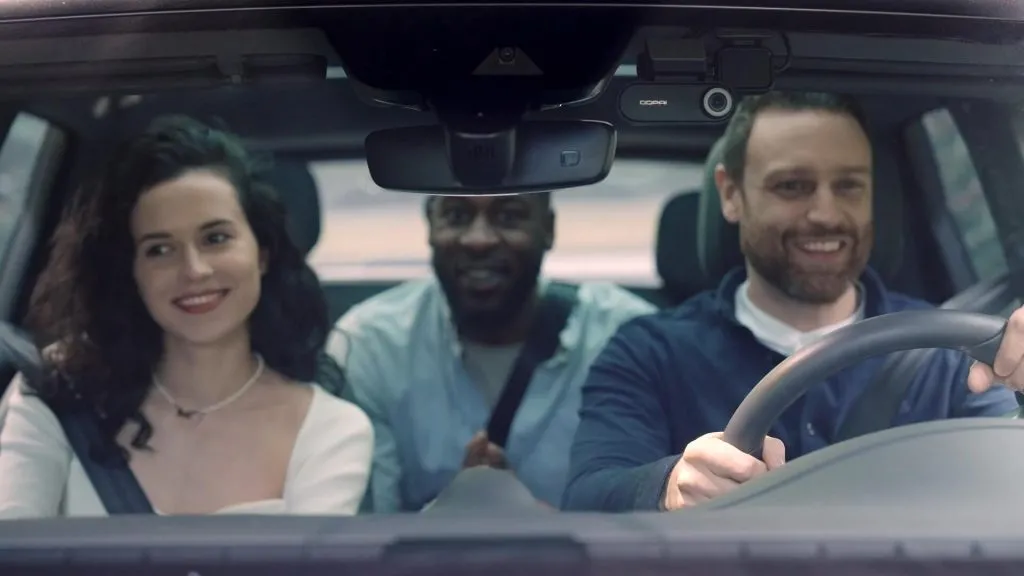
Having a dash cam in your car can encourage safer driving habits. Knowing that your actions are being recorded can make you more cautious and aware of traffic laws, which can help you avoid tickets and prevent the need for court appearances (the insurance company may access your driving records when signing the insurance policy).
Insurance companies often view safe drivers as lower-risk, and this could potentially influence your insurance premiums over time. Even without a direct discount, your dash cam helps mitigate the chances of accidents, which means fewer claims and lower long-term insurance costs.
Provides Crucial Accident Evidence & Fraud Protection
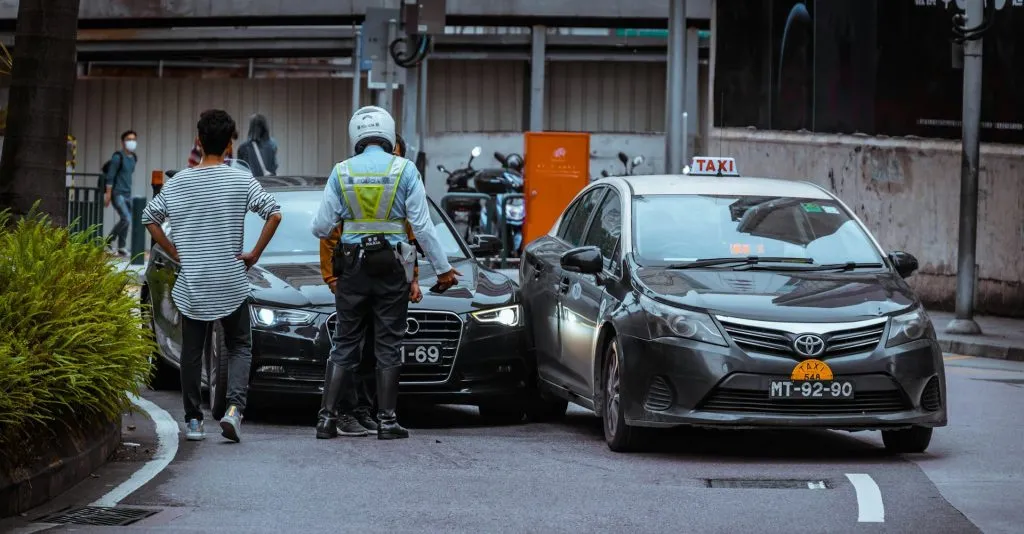
Dash cams act as objective eyewitnesses in the event of an accident. Whether it’s a fender bender or a more serious collision, having video evidence can be critical in proving who was at fault.
Dashcam footage can help protect you from false claims, fraudulent behavior, and disputes over liability. In cases of “staged accidents” or exaggerated damages, dash cam footage is invaluable for proving the truth to insurance companies, law enforcement, or even in court.
Helps Speed Up Insurance Claims
Another significant advantage of having a dashcam is how it can speed up the insurance claims process. Instead of waiting for investigations to unfold, dashcam footage provides instant, reliable evidence of what happened.
This can help insurers quickly assess the situation, verify the details of the incident, and process your claim much faster, which ultimately saves you time and frustration. In cases of disputes or uncertainties, the video footage can resolve issues and ensure that the claim is settled fairly and efficiently.
Allows Parents to Monitor Teen Drivers
If you’re a parent, dash cams can also be an excellent tool for monitoring young or inexperienced drivers. You can track their driving habits, making sure they’re following traffic rules and driving safely. Even with young age, some insurers may offer discounts for safe teen drivers, and having a dash cam can provide the proof needed to qualify for those discounts.
Enhances Fleet Management & Vehicle Security
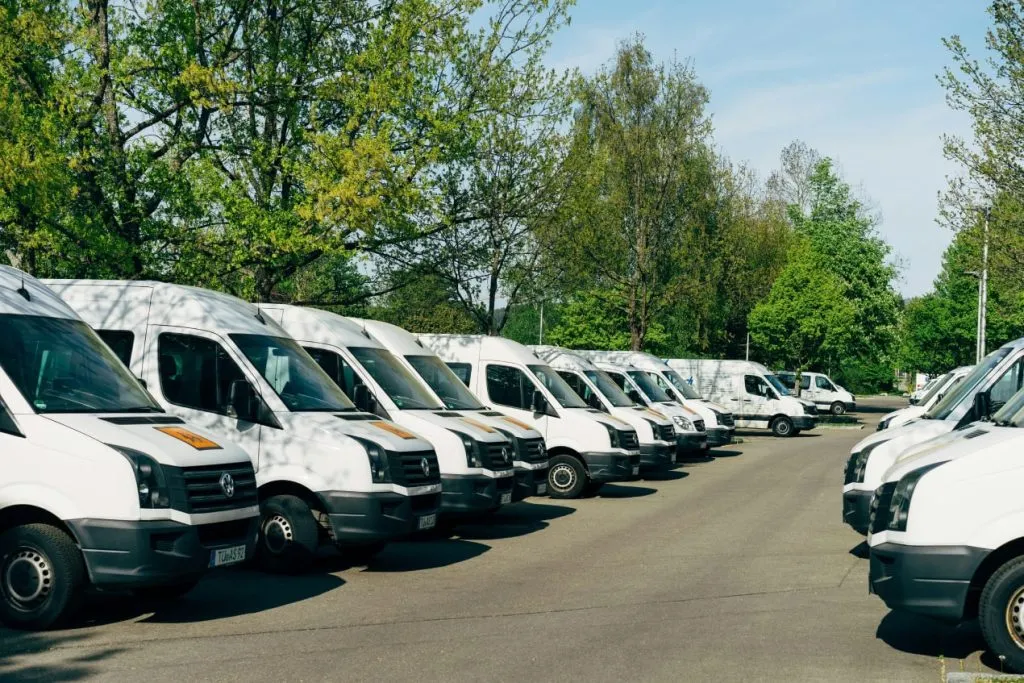
For businesses with a fleet of vehicles, dashcams offer an added layer of security. In the case of fleet insurance, having dash cams in each vehicle could reduce the overall insurance premium as they help prevent fraudulent claims and enhance driver accountability. Dash cams also help monitor driver behavior, ensuring that employees follow company guidelines and safety standards.
What Makes a Dash Cam More Valuable for Insurance?
When choosing a dash cam, certain features can make it more valuable for insurance purposes. Here’s a breakdown of what makes a dashcam more valuable for your insurance:
Resolutions: Higher Quality Means Better Evidence
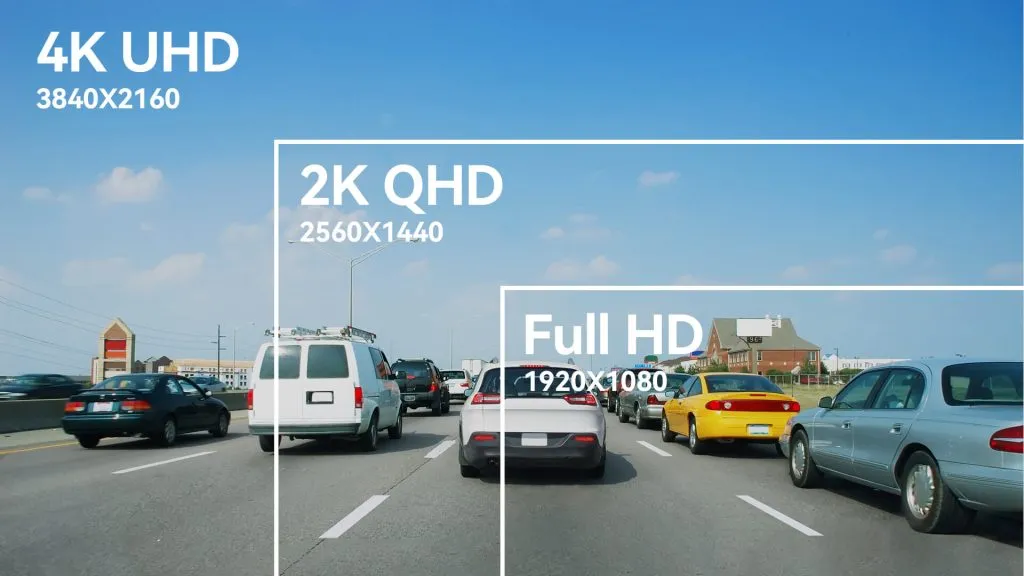
The resolution of your dashcam plays a significant role in capturing crucial details. Higher resolutions like 1080p or 4K provide sharper images, making it easier to identify license plates, road signs, and even the faces of those involved in an accident.
Clearer footage can be vital in proving your side of the story to insurance companies and can help you avoid disputes or complications in the claims process. If you live in a busy area or frequently drive in high-traffic conditions, investing in a higher-resolution dash cam is definitely a smart move.
Single-Channel or Multi-Channel Dash Cams?
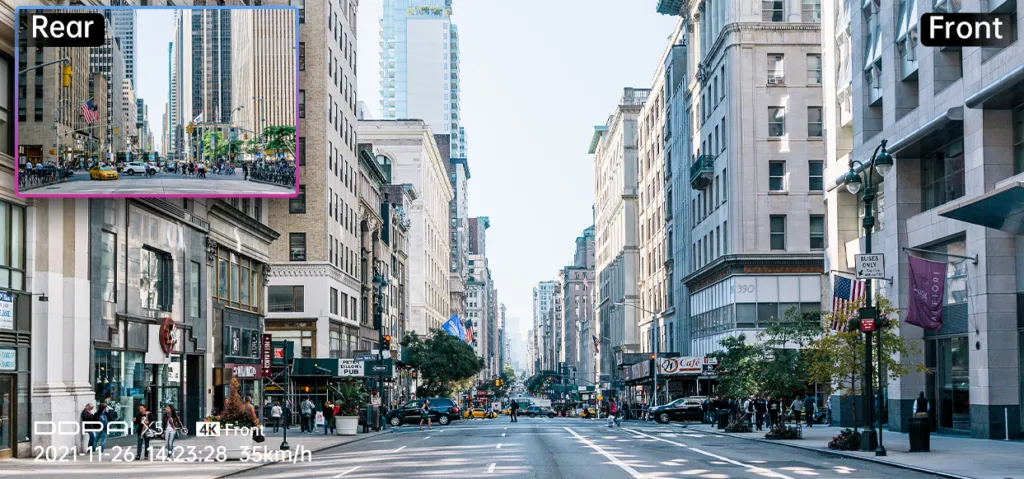
While single-channel dash cams record footage from the front of your car, multi-channel (dual or three-channel) dash cams offer additional cameras that capture footage from different angles, such as the front and rear dashcams, or optional interior angles.
Multi-channel dashcams provide comprehensive coverage, making it easier to capture all aspects of an incident. Insurance companies may find multi-channel footage especially useful when reviewing claims for accidents that involve rear-end collisions or hit-and-runs. Plus, having a cabin camera can help protect you from fraud or false claims made by passengers.
Motion Sensing: Capture Events While Parked

Dashcams equipped with motion detection provide an added layer of protection against vandalism, theft, or accidents that occur when you’re not in the car. For insurers, this is another way to ensure comprehensive documentation in case of a claim.
GPS Tracking: Location and Speed Matter

Dash cams with built-in GPS tracking can provide crucial data, such as your location, speed, and route taken during an incident. This information can be incredibly helpful for insurance claims for verification of the accident.
It’s especially useful in hit-and-run scenarios or accidents where the timing and location of the incident are crucial. GPS data can corroborate your version of events, helping the insurance company assess liability and process claims more efficiently.
Are There Any Insurance-Approved Dash Cams?
Generally speaking, insurance-approved dashcams are rare, and almost no insurers endorse specific models or brands. In most cases, as long as the dashcam records high-quality footage and provides the needed data, it should still be valuable for your insurance claim process.
If you’re looking for a dashcam that aligns with your insurance provider’s preferences or may help in receiving an insurance discount for the dashcam, it’s worth checking with your insurance company before purchasing one. Some may have specific requirements or recommendations for dashcam models, but this is not yet a widespread practice.
For drivers who want a reliable dash cam that offers both functionality and quality footage for insurance purposes, DDPAI is a solid choice. These dashcams come with advanced features like high-definition recording, GPS tracking, motion sensing, and supercapacitors that ensure durability in extreme conditions.
- N5 Dual: DDPAI’s best dual channel 4K dash cam with front and rear camera system offers high-quality footage, GPS logging, and a robust design, making it an excellent choice for Uber or delivery drivers who need extensive documentation of their trips and incidents.
- Z60 Pro: As DDPAI’s brand new flagship 4K dash cam, the Z60 Pro features multi-recording (front, rear, and cabin cameras), 4G connectivity, GPS, and WiFi support. This model is ideal for those who want a top-of-the-line system for recording all aspects of their driving experience, providing comprehensive evidence for insurance claims.
Conclusion
While having a dashcam might not directly lower your insurance premiums, its ability to protect you and offer crucial evidence in the event of accidents or disputes can certainly make your case stronger. Dash cams also promote safer driving habits, help speed up the claims process, and act as a deterrent to fraud.
Although insurance-approved dash cams are not yet widespread, opting for a high-quality, feature-rich dash cam like the DDPAI N5 Dual or Z60 Pro ensures you’re prepared for any insurance-related needs or disputes.
Ultimately, the peace of mind that comes with knowing you have solid, irrefutable evidence in the case of an accident or incident is invaluable—making dash cams a smart investment for any driver, whether or not your insurance provider offers a discount.
FAQ
1. Can I use my phone as a dash cam for insurance purposes?
While it’s technically possible to use your phone as a dash cam, it’s not recommended for safety purposes. Also, most insurance companies prefer a dedicated dash cam because they are more reliable, provide continuous recording, and are less likely to run out of battery or storage during critical moments.
2. Can a dash cam help dispute a speeding ticket?
Yes, a dash cam can help dispute a speeding ticket if it captures video evidence that shows you were not speeding or that the road conditions or signs were not visible.
Please note that dashcam footage may not always be accepted as valid evidence in court, as it varies by jurisdiction. It’s best to check with your local authorities and insurance provider to understand how dashcam footage can be used in your area.
3. Do dash cams capture audio, and is that useful for insurance claims?
Many dash cams do capture audio, but whether or not it’s useful depends on the situation. Audio recordings can provide additional context in some cases, such as during an accident or dispute.
However, keep in mind that there are privacy laws in certain regions that prohibit recording conversations without consent. Always check your local laws to ensure you’re compliant with audio recording regulations before relying on them for insurance claims.
4. Can a dash cam be used to prove road rage or reckless driving from other drivers?
Yes, dash cam footage can be a useful tool in proving road rage or reckless driving by other drivers. If another driver is engaging in aggressive behavior, swerving, or tailgating, your dash cam can provide objective evidence for insurance claims or legal purposes, in case the accident happened. This footage can help establish liability, making it easier to prove your case in a dispute with another driver or in court.

